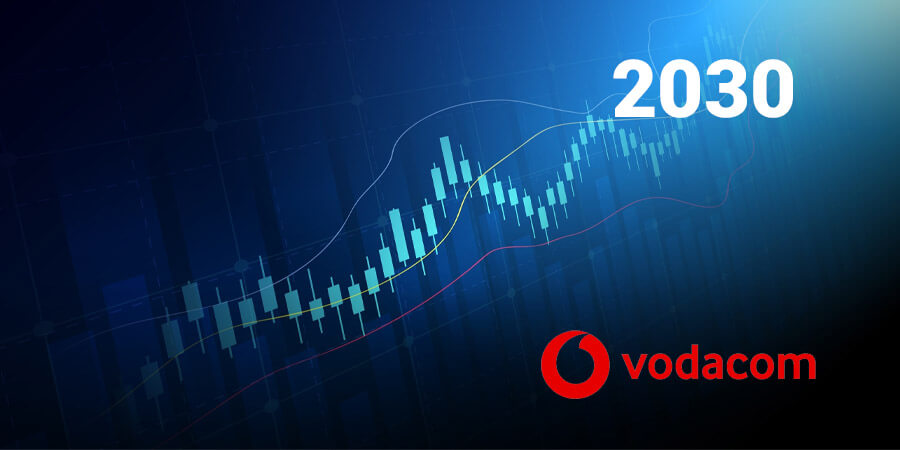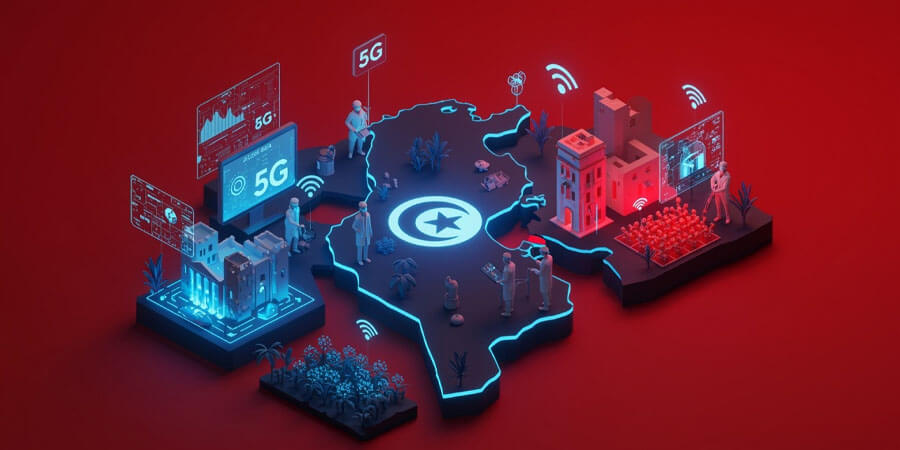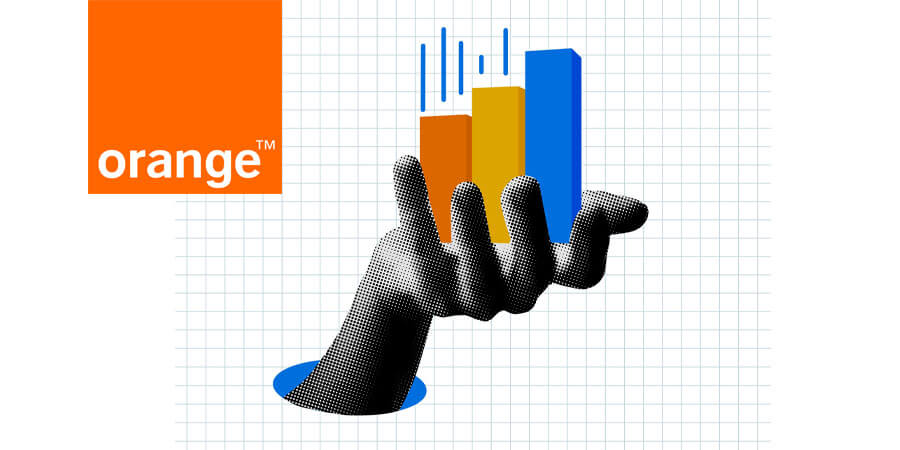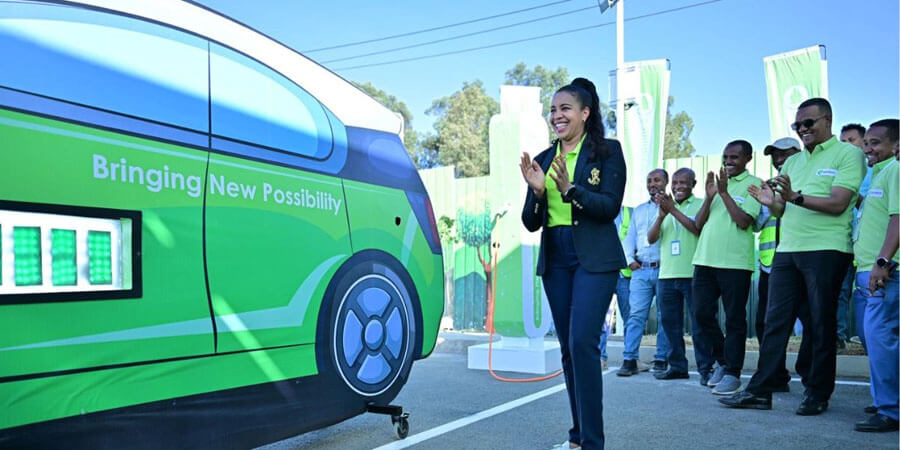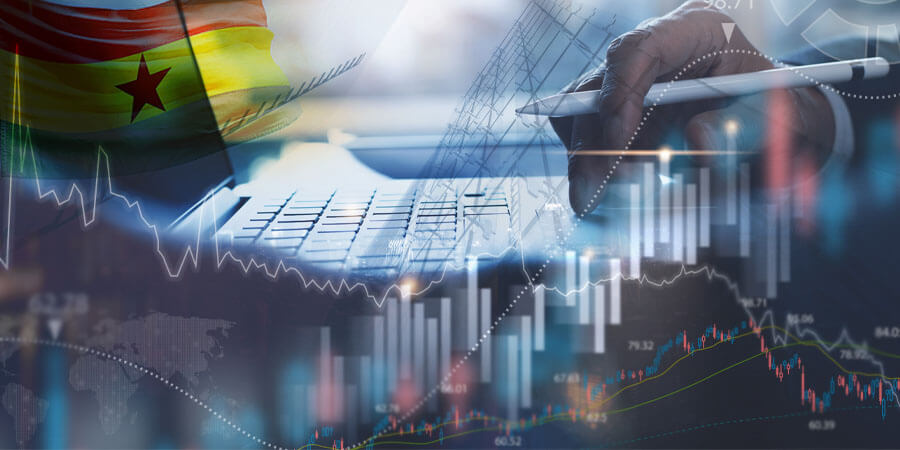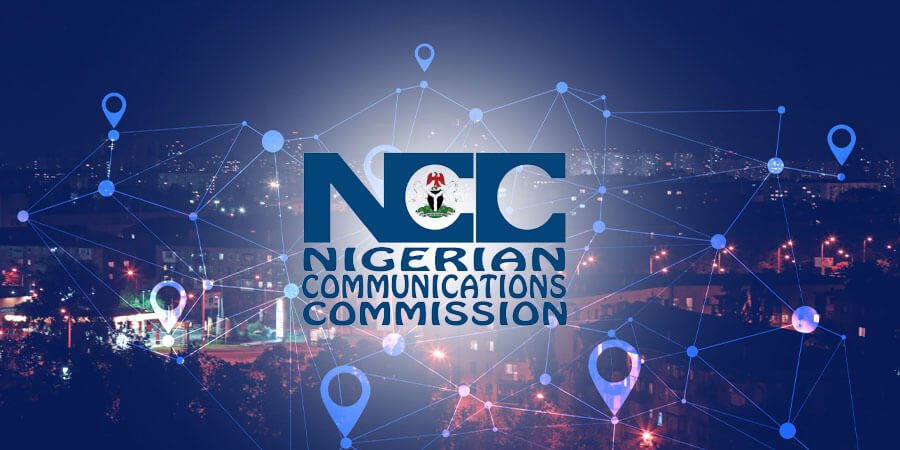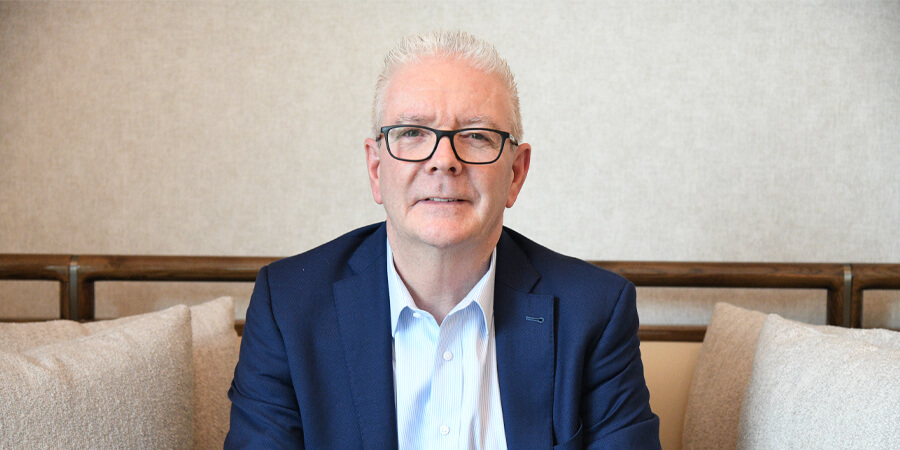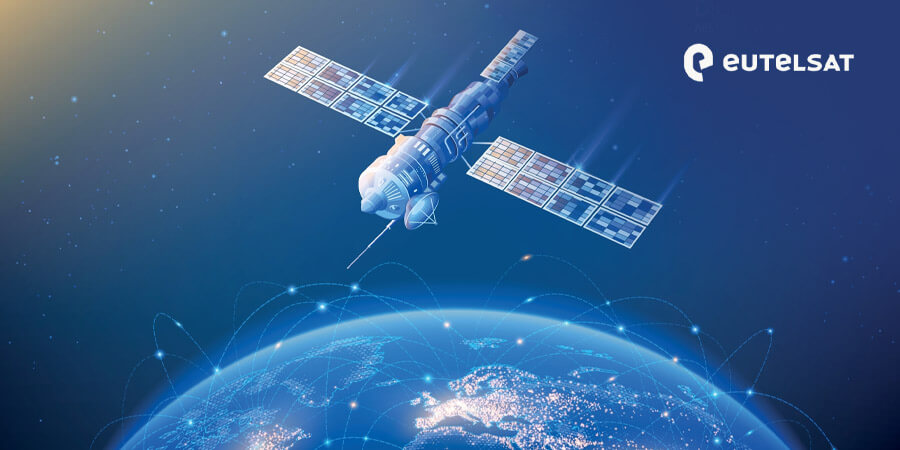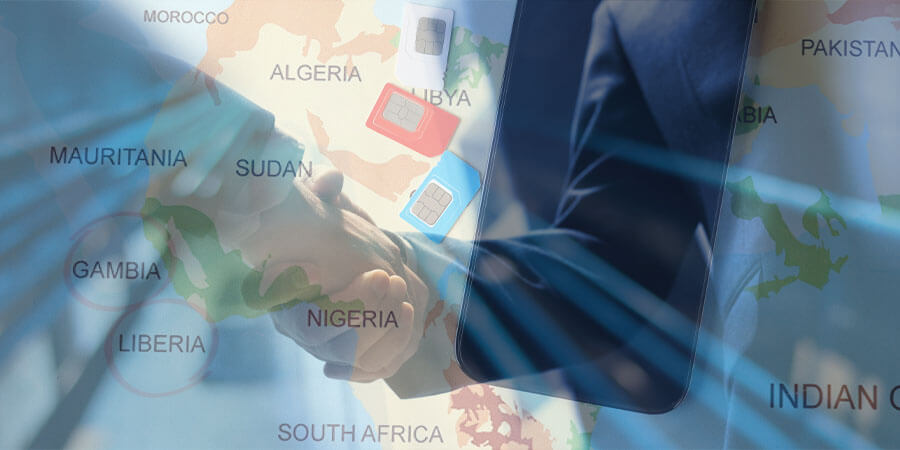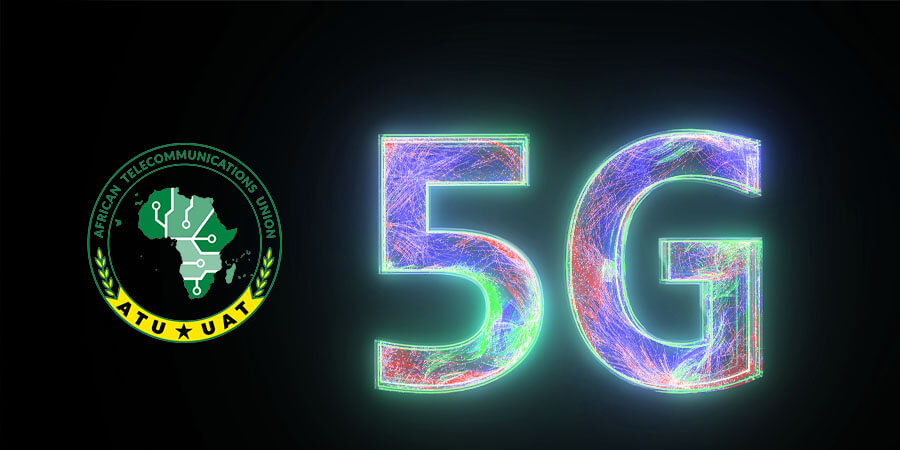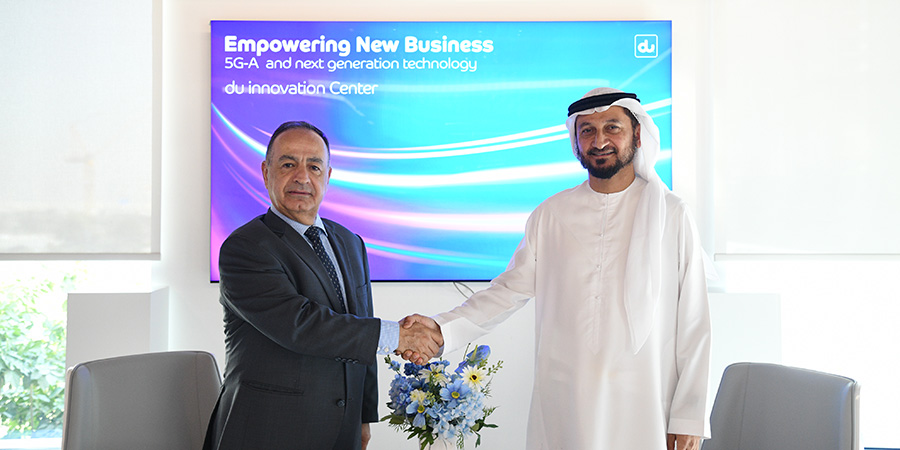The West Africa Telecommunications Regulators Assembly (WATRA), a collective of telecommunications and ICT regulators in the region, aims to promote infrastructure sharing to reduce internet access costs in West Africa.
According to Aliyu Aboki, the Executive Secretary, shared facilities like gateways and data centers could potentially lower operational expenses. Aboki also highlighted the challenge of limited interconnectivity, noting that content hosted in one African country often routes through Europe via submarine cables to reach another African country due to inadequate direct links between data centers.
Despite the rapid growth in West Africa's digital economy driven by increased internet penetration, mobile connectivity, and a tech-savvy youth population, internet access costs remain high across the region, contributing approximately US $30 billion annually to the GDP, as noted by WATRA.
WATRA, pivotal in harmonizing regulatory frameworks across West Africa, holds potential to facilitate coordinated efforts that may reduce costs for internet users. However, the response from its members to such initiatives remains uncertain.





